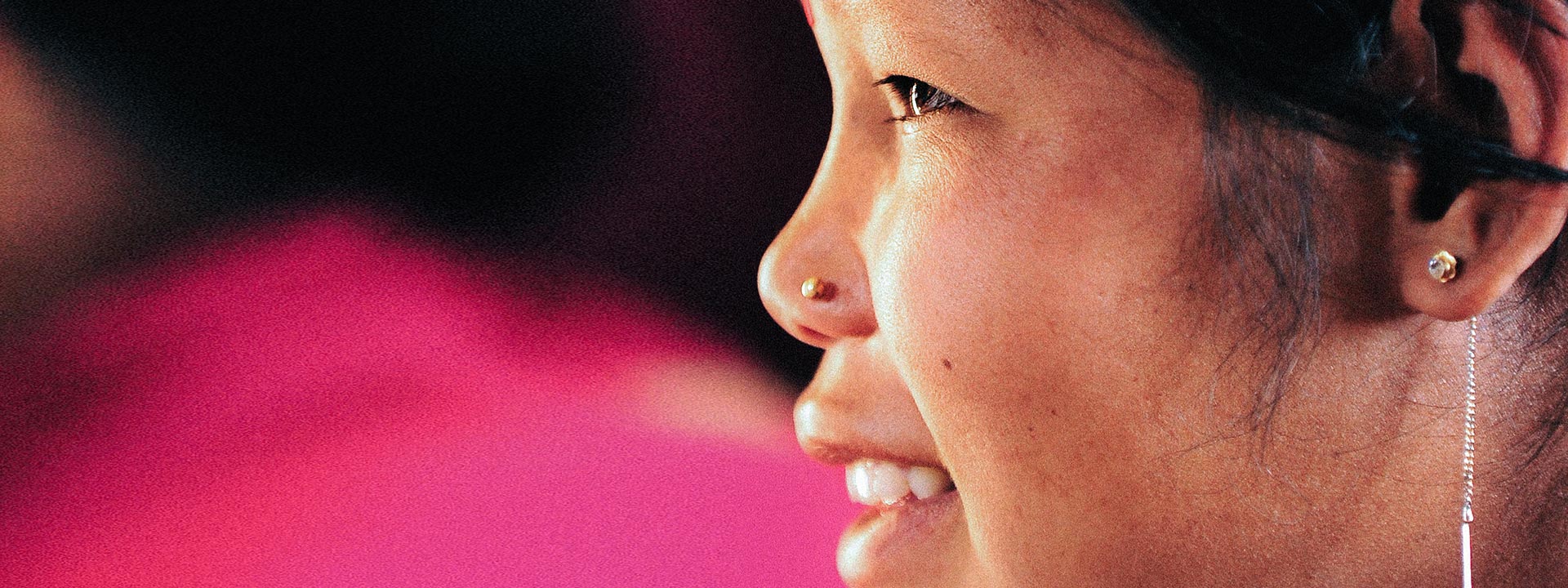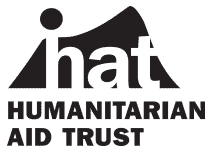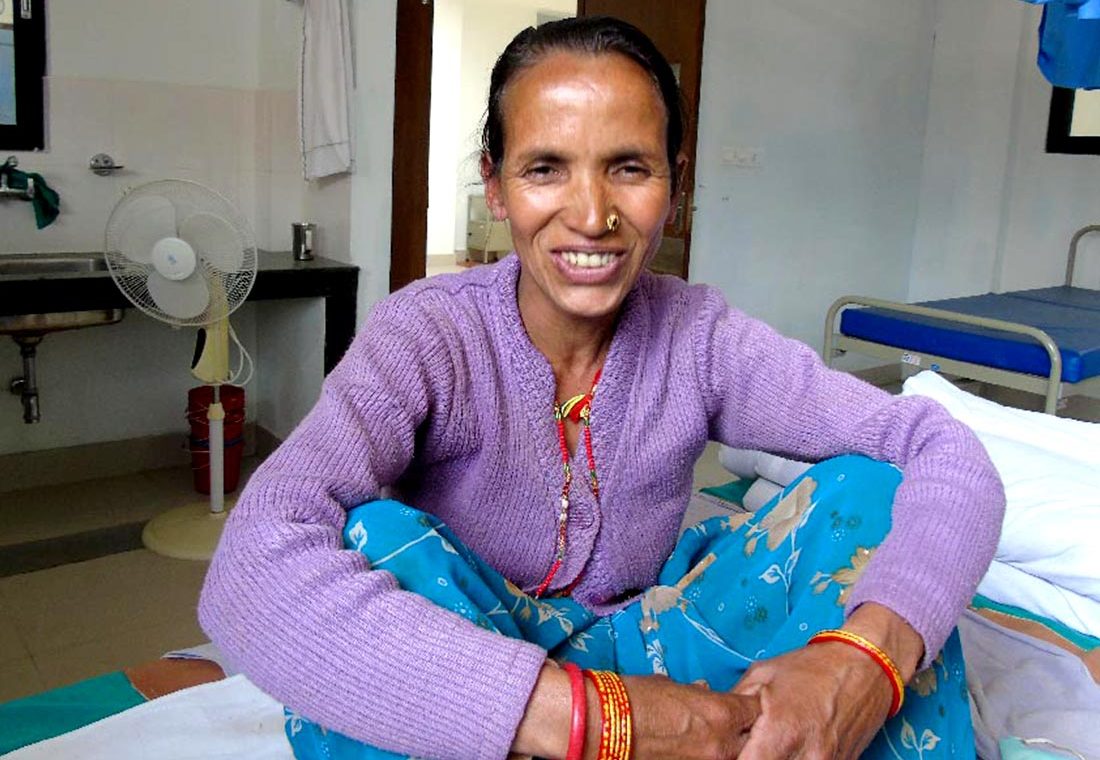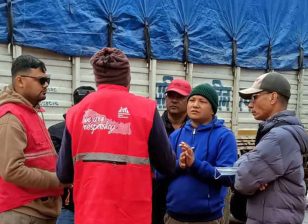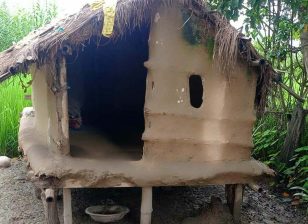A Renewed Life – Dealing with the physical and emotional impact of Fistula
For years, Sabitri* endured the pain of obstetric fistula without any medical attention. Thanks to INF Nepal Fistula Outreach work, in 2020 Sabitri was identified by a local Female Community Health Volunteer who was trained on fistula by INF’s fistula outreach worker and in spring of 2021, Sabitri was taken to the Fistula Centre for treatment. Sabitri’s story is one suffering and, ultimately, a renewal of hope, a renewed life.
“I had gotten pregnant at the age of 19, I struggled at home for 5 days with labour pain and later I was carried to the community health post. I lost the baby, and I got a fistula, then the pain of living with fistula.” This was the start of Sabitri’s 26-year struggle. In remote places of Nepal, people don’t have proper access to health care, where protracted labour often goes unassisted, or badly assisted, fistulas occur far more regularly and often go untreated.
Forty-five years old Sabitri is from the Baitadi district of far west Nepal. She was married when she was only ten years old and her husband eleven years old. She has faced both normal and difficult deliveries and has lost two babies. During her first delivery, Sabitri developed a fistula as she went through a long labour. Unfortunately, the baby did not survive. She suffered continuous urine incontinence and nerve damage.
After her first pregnancy, for fifteen years there were no further pregnancies and Sabitri thought it was because of her urine leaking. There was no one else in the village with this problem and she was despised. The villagers used to spit and call names. No one came near her; she was always alone. Life was hard. In the hot weather, she developed ulcers from the urine burns and, tired of continuously changing she would sleep in the wet clothes.
Sabitri and her husband travelled to several other hospitals even in India seeking treatment but to no avail. Then, after 15 long years, Sabitri discovered that she was pregnant again. This time she was able to deliver the baby boy at home without difficulty. Another unsuccessful pregnancy followed; the baby could not survive. Six years ago, her little girl was born while she was out in the forest cutting grass and with the same sickle, she cut the babies cord, wrapped her in her dress and brought her home.
Sabitri’s struggle went on, even her son would not come closer and eat the food cooked by her due to her urine leak problem. For a mother, Sabitri had to endure much more emotional pain and trauma battling the unknown. One of the FCHVs identified Sabitri’s problem. She contacted the Fistula Centre. Finally, in March 2021, she got the operation at the Fistula Centre.
She had to wait with a catheter for two weeks before knowing if the operation was successful. When the catheter was removed, she was dry and very happy. “I have a new life. Before this, I thought this would never be treated and I would have this trouble until I die. But at last, I had a treatment and I have been saved. I am so thankful for this hospital and the free treatment that I received.”
Sabitri made friends with other women who had also suffered the same problem. She learned that she is not the only woman living with fistula under the sun.
INF’s fistula team is committed to providing more than just surgery for women; restoring women to full health filled with hope and dignity.
If you want to know more about the fistula work that INF is involved in or to support this work, then please contact the INF New Zealand director at [email protected]
*Name changed for anonymity

